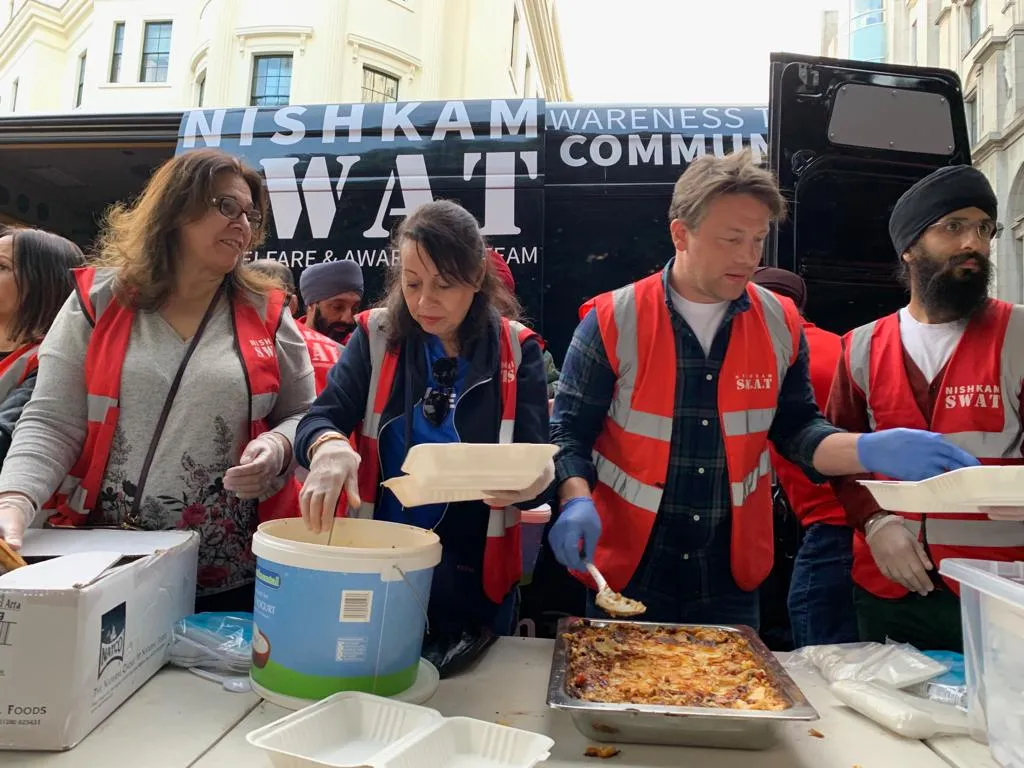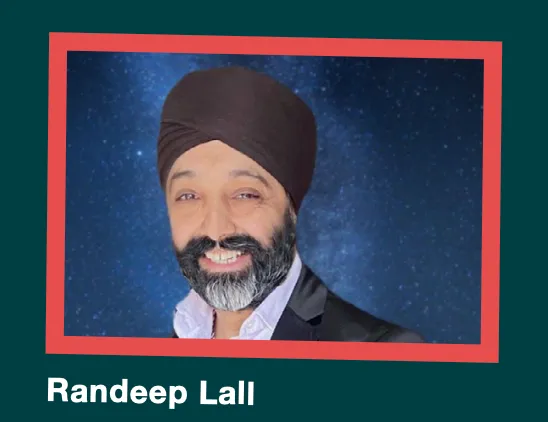
Every week, NishkamSWAT (Sikh Welfare & Awareness Team) serves nearly 5,000 hot meals to the homeless, hungry, and vulnerable across the UK a week. We’ve been doing this for over 16 years, with the help of almost 500 dedicated volunteers, operating not just soup kitchens, but supporting food banks, healthcare initiatives, mental health interventions, and community rehabilitation. Our mission has always been simple: serve humanity with compassion, dignity,
and love.
But behind every meal is a face. Behind every face is a story. And sadly, more often than not, it’s a story of failure, not of the individual, but of a system that should have protected them.
Over the years, we’ve come across heartbreaking cases. Many are young people, some as young as 17, who have slipped through every safety net. They’re not just struggling with homelessness; they’re battling trauma, mental health issues, addiction, violence, and in many cases, childhoods so chaotic and abusive that survival has been their only focus.
Misunderstood and Misdiagnosed
One of the biggest misconceptions we face daily is the belief that homelessness is a result of poor choices. That people “chose this life.” That they are “intentionally homeless.” That’s a damaging narrative.
In reality, many people who are classified as intentionally homeless are victims of untreated or undiagnosed mental health conditions. The system often fails to pick up early signs of trauma, abuse, neurodivergence, or psychosis. These young people don’t end up on the street because they want to be there. They end up there because somewhere along the way, no one saw what they were really going through.
Time and time again, we encounter individuals carrying unresolved trauma from early childhood victims of violent abuse, neglect, or abandonment. These wounds don’t always manifest visibly. They remain hidden, unspoken, untreated. By the time these individuals reach adulthood, these deep scars have affected their ability to sustain relationships, employment, and stability. And yet, when they ask for help, they’re turned away for lacking the “evidence” of need. If trauma is invisible, it too often goes unsupported.
The Company You Keep
There’s a saying: you become the company you keep. In the context of homelessness, this becomes painfully true. Imagine a young person who’s just lost their home. No support. No family. No safety net. Their only choice is to sleep rough. And who are they surrounded by? Others in crisis.
In this community, survival becomes the priority. That might mean drugs to numb the pain. Shoplifting to eat.
Violence as a defence mechanism. Slowly, inevitably, these behaviours become learned. They are passed on not by choice, but by circumstance.
I recall meeting a man who had recently become homeless. He was clean no addiction, no criminal record, just the stress of debt and job loss. I pulled him aside and said: Be careful. Don’t mix with the wrong people. He nodded. I could see he was scared but determined to hold on.
Three months later, I almost didn’t recognise him. He had started drinking to deal with the cold nights. Gambling had become his escape, and soon, his addiction. To fund it, he began shoplifting. It was a slippery slope, and it happened so quickly. He ended up as a criminal.
This story plays out far more than people realise. And unless we intervene at the right time, with the right support, it becomes nearly impossible for people to climb back out of that deep hole.
Violence, Vulnerability and Victimhood
The streets are not safe, especially for young people. Every day, those without a secure place to sleep face the risk of robbery, assault, sexual violence, and exploitation. Gang recruitment is rife. Some are lured into county lines, others forced to become drug mules, and many are simply used and discarded.
The threat is two-fold. On one hand young people on the streets are victims of violence. On the other hand, without support, some also become perpetrators. When survival is the only instinct, empathy can get lost. And that’s how cycles of crime are born not from evil, but from desperation.
What’s more, we often forget the psychological cost of simply being homeless. The constant fear. The shame. The dehumanisation. One of the most common things people tell me is not about hunger or cold it’s about being ignored. Society walks past them. Treats them like ghosts. Over time, that invisibility becomes internalised. People stop believing they matter.
Breaking the Cycle
At NishkamSWAT, our goal is to intervene early to recognise trauma, to signpost support, to offer consistent kindness. But the truth is, we are a sticking plaster. Without systemic change, charities like ours can only do so much.
We need more trauma-informed services. We need better coordination between mental health professionals, housing services, schools, and youth workers. We need to stop criminalising homelessness and start understanding the root causes behind it. Labelling someone as “intentionally homeless” because they failed to declare a historic abuse or breakdown is not only unfair it’s dangerous.
We must also invest in preventative work. We must support those on the brink, people who are sofa-surfing, struggling with rent arrears, or being forced out of care. Homelessness is often the final stage of a long process of systemic neglect. We need to intervene at stage one, not stage five.
Compassion is the Starting Point
The work we do is built on one value: sewa (selfless service). No judgement. No red tape. Just a warm meal, a smile, and a safe space.
Over the years, we’ve witnessed miraculous transformations, people who went from begging on the streets to becoming volunteers and mentors themselves. But those stories only happen because someone took the time to see them. To really see them.
So if there’s one thing I ask, it’s this: see them. See beyond the addiction. Beyond the behaviour. Beyond the silence. Because behind every homeless young person is a child who needed help and didn’t get it.
If we, as a society, can remember that, maybe one day, we won’t need to serve 5,000 meals a week. Until then, we’ll keep showing up.
Because nobody especially not our young people should feel invisible in their own country.

Randeep Lall, CEO, NishkamSwat
www.nishkamswat.com
